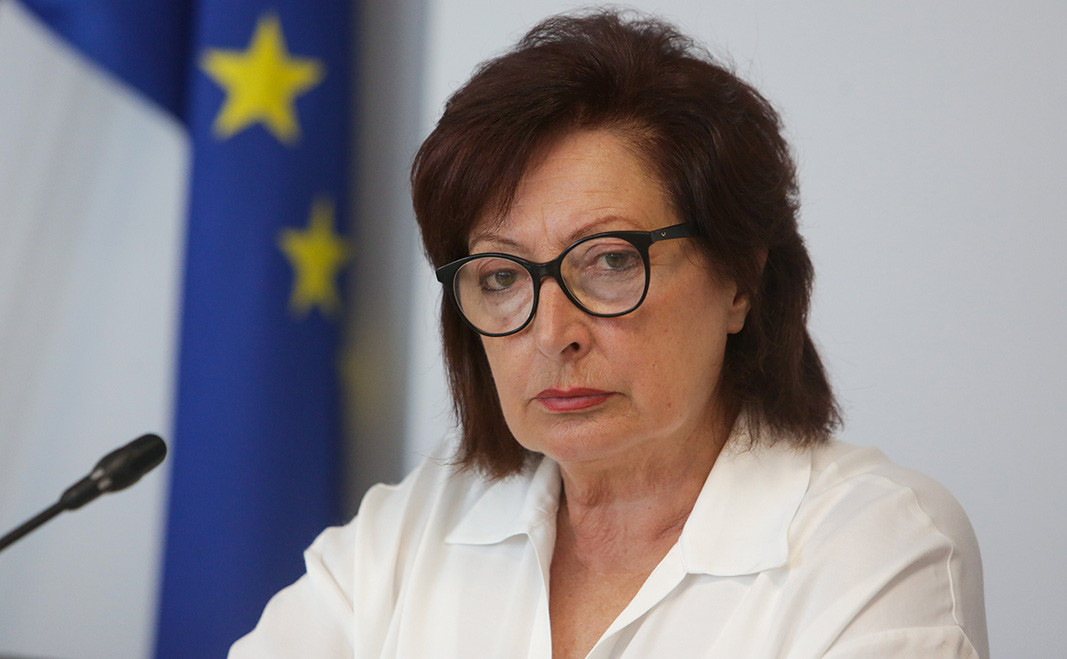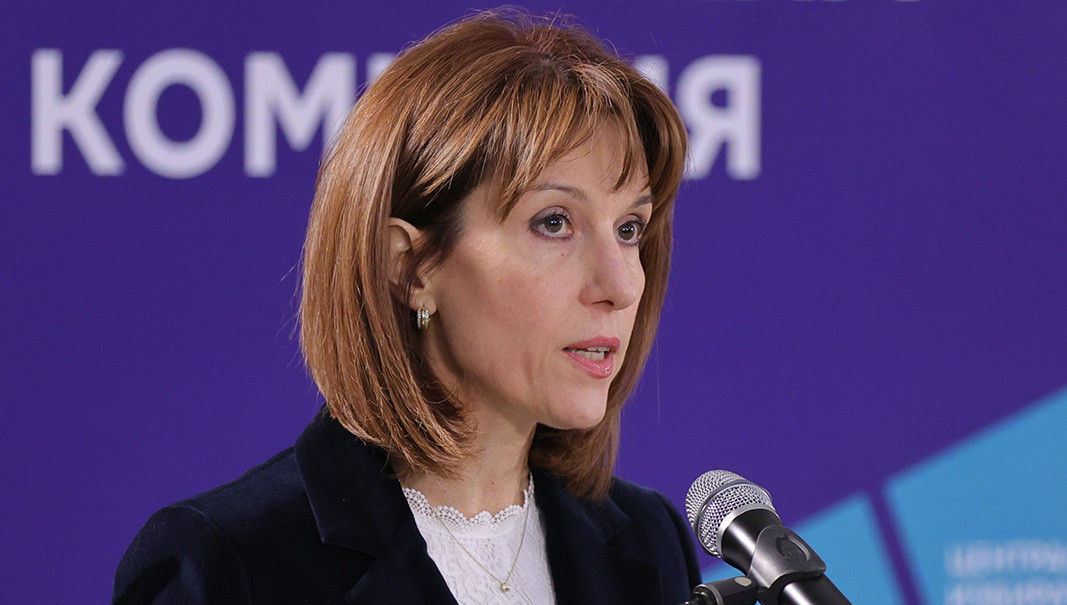The 30-day election campaign in Bulgaria begins at midnight on 10 May – the 6th campaign for national parliament in the space of three and a half years. What makes this one different is that this time the voting will be for both members of the 50th National Assembly of the country, and for the 17 seats Bulgaria holds in the European Parliament.
The campaign will go on until midnight on 7 June, as 8 June is election silence day when any form of electioneering is prohibited. The official language in which electioneering takes place is Bulgarian, and all party candidates, as well as initiative committees to have registered candidates of their own, have equal access to sources of information necessary for the purpose of election campaigning. Media service providers are obligated to make public, on their websites, information regarding the contracts, including ex gratia ones, concluded with political parties, coalitions and initiative committees which have registered candidates.
In an interview with Radio Bulgaria, Prolet Velkova from the Council for Electronic Media commented on the role of the media monitoring which the media watchdog conducts during the period of election campaigning and on election day:
“As with all other kinds of election, the Council makes sure the law is not broken in an electoral situation. As you know, when any violations are found, the Council for Electronic Media does not mete out sanctions but refers the matter to the Central Election Commission which takes action and, when necessary sanctions those responsible.”
Because the voting for national and for European parliament falls on the same day, the voting on 9 June will have its peculiarities. One of them is the residency requirement for the election for European Parliament, which does not exist for the Bulgarian National Assembly. As to being casting your vote in another country, that is possible with regards to all countries of the EU where there will be voting for both Bulgarian and European Parliament. In non-EU countries Bulgarian citizens will only be entitled to vote for members of the National Assembly of Bulgaria.

There are 20 political parties and 11 coalitions taking part in the elections. In an interview with the Bulgarian National Radio, Central Election Commission chair Kamelia Neykova stated that if the same candidate is on the electoral lists for National Assembly and for European Parliament that is not a violation, but that if a candidate is elected to both, they have to announce which of the two they have chosen to pursue.
More:
The deadline for the start of the implementation of the new European Media Freedom Act (FEMA) is fast approaching - August this year. "Some Member States are already quite far in implementing the European Media Freedom Act because some of..
It’s official—Bulgaria is now the 21st country in the eurozone. From 1 January 2026, the euro will become the legal tender, although levs will still be accepted for another month. Bulgaria becomes the 21st member of the Eurozone “I think..
"What we have let slip, we have let slip over the last 20 years, not yesterday or the day before." This was stated to the Bulgarian National Radio by Ivaylo Valchev, MEP from the European Conservatives and Reformists (ECR), before today's vote in..

+359 2 9336 661
